We’ve all heard the horror stories. Some parent unknowingly allowed their children to rack up hundreds of dollars from a game or app after they discovered the wonderful world of in-app purchases. As most of us have already figured out, just because a game is offered for “free” in the Google Play Store, doesn’t mean you get to have a good time without paying anything. It’s this shaky ground that the European Commission is now issuing some guidelines they’d like app stores to adhere to.
The EC is asking that all games advertised as “free” aren’t misleading consumers about their “true costs.” They also ask that apps or games don’t ask children to make purchases, make it clear how payments are made, and provide an email address to answer questions or complaints. While the EC will continue to monitor adherence, they’ll be leaving its actual enforcement up to national authorities.
In a statement, European Commission vice president Neelie Kroes said:
“In-app purchases are a legitimate business model, but it’s essential for app-makers to understand and respect EU law while they develop these new business models.”
Unsurprisingly, Google is one of the first companies to welcome the changes, announcing that by the end of September, they will no longer advertise games as “free” when in-app purchases are available. What’s more, Google says they’ve already altered the default Google Play Store settings so that a password is required before each and every purchase (but can be altered in the app’s settings). It’s unclear if Google’s new policy change will only apply to Europe or worldwide.
In a later statement, Apple too agreed to make similar changes, although they didn’t commit to an exact time frame or reveal exactly how they plan on going about it, only that they are already doing a better a job at protecting consumers from unwanted charges than some of the competition. They also talked about iOS 8’s upcoming “Ask to Buy” feature that pings parents on their device for permission when a child wants to buy something.
[European Commission | via Engadget]

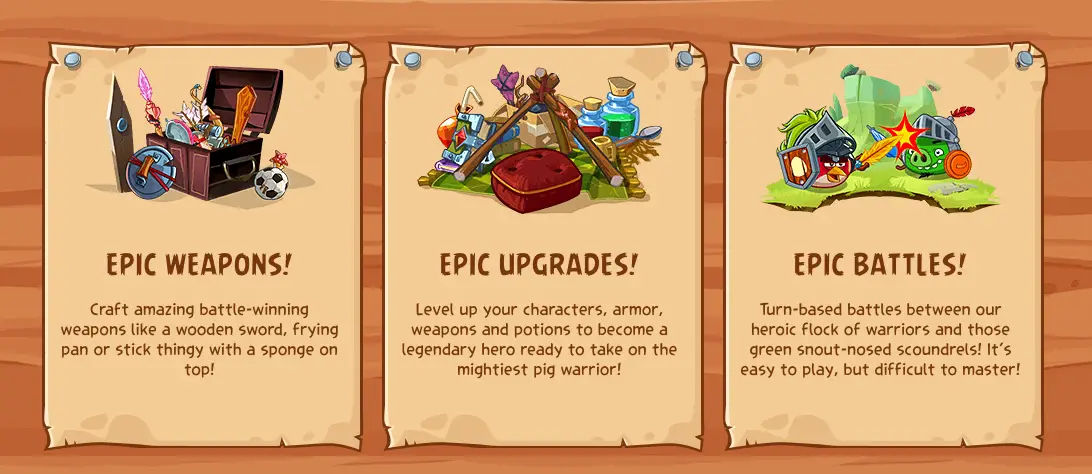
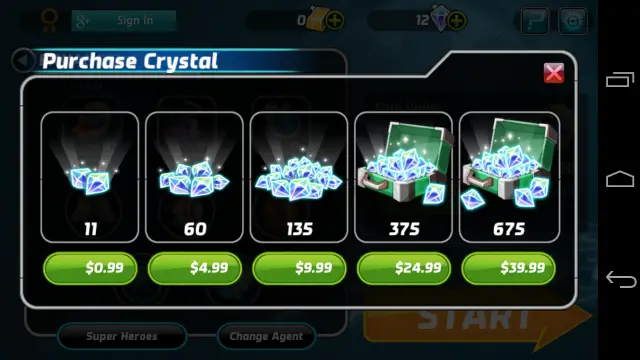

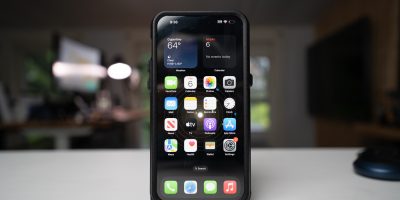
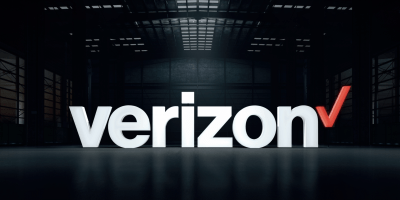


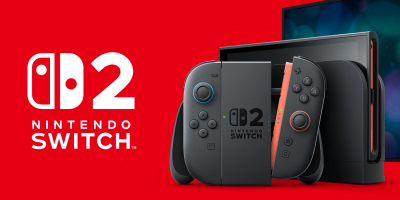

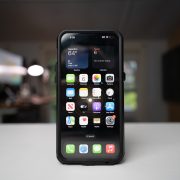

This will change the face of the play store. Most “free” apps have IAP’s, so it’ll be interested how this changes developers strategies.
I don’t so much mind IAPs. I, personally, will never make any but I don’t think the model is inherently wrong. The problem is that the developers ramp up the difficulty of their game to the point where you HAVE to buy these things (or rely on luck) and in most cases it’s a one-shot that doesn’t guarantee a win. So if you fail, you’re back where you started minus a few dollars. Not only that, the next level has you in the same damned boat.
Yeah, it never bothers me when it’s just extra stuff like weapons, or health items. The problem is today’s games are built around in-app purchases, making every facet of a game only playable after spending money on disposable items like in-game currency that gamers will continually need to replenish. It’s insane how far some games take it now.
I think something like this should be worldwide. ESPECIALLY in the US where people sue because they didn’t have enough napkins.
Hands down a very appropriate solution to the problem.
As a completely practical thing, I prefer apps that don’t “double list” themselves as a free version and a paid version, and prefer to upgrade the free version in place if I want the additional features. A lot of apps require user time and effort to configure preferences and if I put that time and effort into a free installation I’d much rather pay to upgrade the app preserving the hard work I’ve done to set it up, than start to do that work all over again on a completely different install.
I’m not sure how this new approach is going to deal with that. Pretty obvious a lot of apps want to keep selling themselves to users with a limited free version so they can decide about it. Is this just a product labelling thing or is it going to affect how apps are made available?
My opinion: This is unnecessary.
1. In PlayStore, apps are already labeled to notify about in-app purchases.
2. Technically speaking, the apps ARE free…you just need to PAY to get the most out of the game.
3. Most games are playable w/o needing to buy those in-app purchases.
4.Damn near every app will be labeled to have in-app purchases..This is the model most developers are resorting to.
just make a 3rd category. Freemium
Now there no excuse that you didn’t know the game cost for the irresponsible parents.
I’m one of those green horns that didn’t really understand this concept when I bought some tokens for a golf game I was playing. Let’s just say I felt a little stupid when I thought I was spending 10 dollars and it was really 20. I hit the button twice because I thought it wasn’t loading.. I don’t mind IAP’s either but some of these games are getting way out of hand. I can see how kids and other people can make mistakes. The developer told me to pound sand and enjoy the game. Lesson learned.
Just list them Freemium or Pay To Win
I am very interested to see how this will be implemented as well, if there will be a third category added or if the Freemium games will just be identified by the “Free” and a dollar sign next to it or something.
I am glad that Google changed the default to asking for a password on every purchase, instead of keeping it to the 30 minute window. Apple needs to follow their lead.
well the needing to input a password for every purchase is in effect already in New Zealand